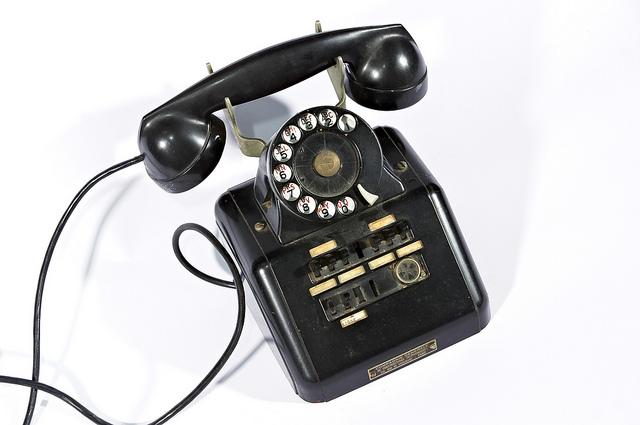
Of all the eccentric conversations President-elect Trump has had with foreign heads of state and government since winning the election, the one he had last week with Nawaz Sharif, Prime Minister of Pakistan, ranks as one of the more unusual ones.
Breaking protocol, the Pakistani government released a transcript of the telephone conversation which the PM initiated. That’s highly unusual, in that a government doesn’t generally release what the foreign interlocutor said in the exchange.
According to the Pakistani version of the conversation, Trump was utterly effusive about the ‘amazing’ work the Prime Minister was doing for his country and what a ‘terrific guy’ he was. Upon being invited to visit Pakistan, Trump reportedly said that ‘he would love to come to a fantastic country, fantastic place of fantastic people.’ He added that ‘…all Pakistani people I have known are exceptional people’.
That seriously jars with some of his earlier views about Pakistan. Back in 2012, using his favourite social media platform, he tweeted that ‘Pakistan is not our friend. We’ve given them billions and billions of dollars, and what did we get? Betrayal and disrespect—and much worse.’ And more recently, he got into a public scrap with a Pakistani-American family who had lost their son in Iraq while serving as an officer in the US military. The Khans criticised Trump’s suggestion during his election campaign that all Muslims should be banned from coming into the US.
Many American commentators and analysts have ridiculed Trump’s call with Sharif because it further confirms Trump’s obvious lack of knowledge of international affairs. However Islamabad intends to build on that conversation to try to improve a bilateral relationship which hasn’t tracked well under President Obama. Accordingly, PM Sharif’s main adviser on foreign policy, Tariq Fatemi, was sent to Washington to talk to the Trump team and members of Congress to move the bilateral agenda forward. There’s a sense among political leaders in Pakistan that given Trump’s unorthodox approach to foreign affairs and his rejection of Washington’s traditional playbook—at least for the moment—perhaps there’s a window of opportunity to get back in America’s good books.
However, that may all be wishful thinking. While Trump may well prove to be a transactional president par excellence, the fact remains that the same issues confronting the US today will need to be addressed by the new administration. And one of those which will need to be dealt with soon after Trump’s inauguration will be how many of the 10,000 American troops now in Afghanistan should be withdrawn. According to the latest US assessment, the Afghan security forces only control some 60% of the national territory, and they’re losing ground every day. The rest is either controlled or contested by the Taliban, al-Qaeda, the Islamic State and other foreign fighters. And that’s where Pakistan comes into the picture.
Thanks to an ongoing military operation in Pakistan’s North Waziristan tribal agency for the last two and half years, many Taliban fighters have fled Pakistan and have resettled in Afghanistan. However, indications are that elements of the Pakistan army or intelligence service are either still providing support or aren’t vigorously pursuing some of those terrorist groups, in particular the Haqqani Network. Accordingly, US$300 million worth of American military assistance earmarked for Pakistan couldn’t be disbursed last year because US Defense Secretary, Ashton Carter, couldn’t certify to Congress that the Pakistan military was ‘taking demonstrable steps’ against the Haqqani Network. Carter needs to again provide such a certification if US$450 million is to be paid out as part of the current US National Defence Authorisation Act. It’s unlikely that he’ll do so.
As with much of his foreign policy possibilities, it’s difficult to know what decision Trump will take on Afghanistan, having said virtually nothing about the issue during the election campaign. Back in 2011 he stated that the US should get out of Afghanistan because the Taliban would in any case eventually return to power. He also indicated then that he wasn’t keen to commit troops overseas if it’s not in America’s direct interest.
Given the lack of reference points, it’s impossible to predict what approach a Trump administration will take towards Afghanistan and Pakistan. However, the good news is that General (ret.) James Mattis and Lieutenant General (ret.) Michael Flynn, Trump’s nominees for Secretary of Defense and National Security Adviser, respectively, have both served in Afghanistan. They should know what a wicked problem Afghanistan is. And, hopefully, if Trump makes a wise choice in his Secretary of State, he’ll have a national security team which could bring some coherence and predictability to the direction of US foreign policy on Pakistan and Afghanistan.